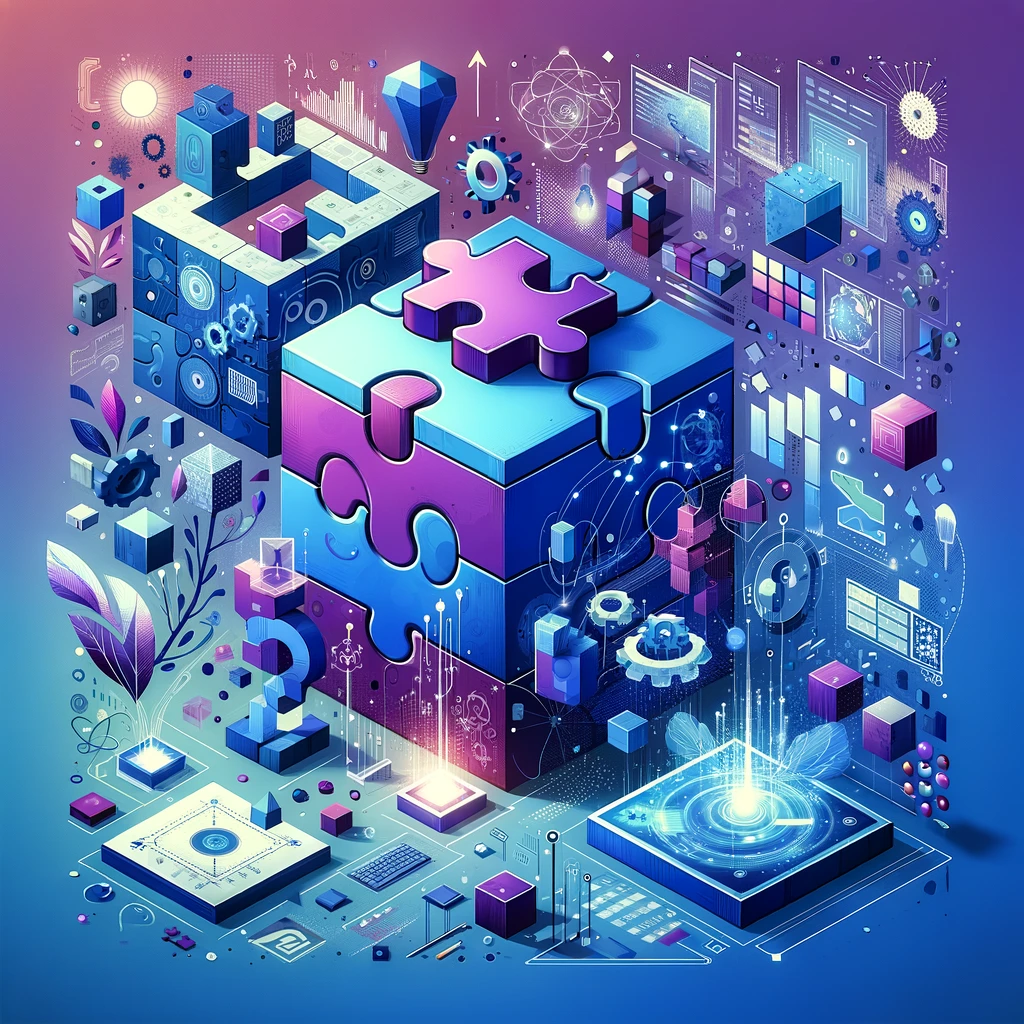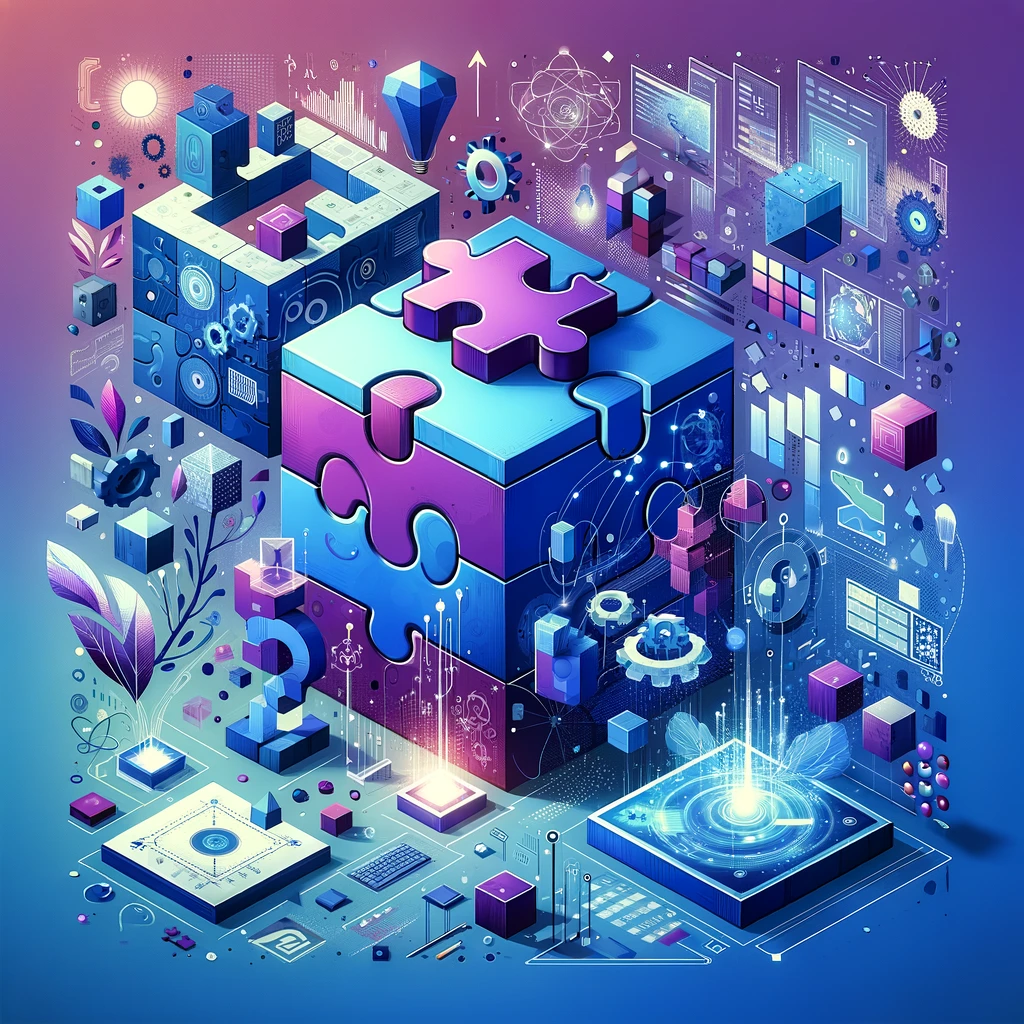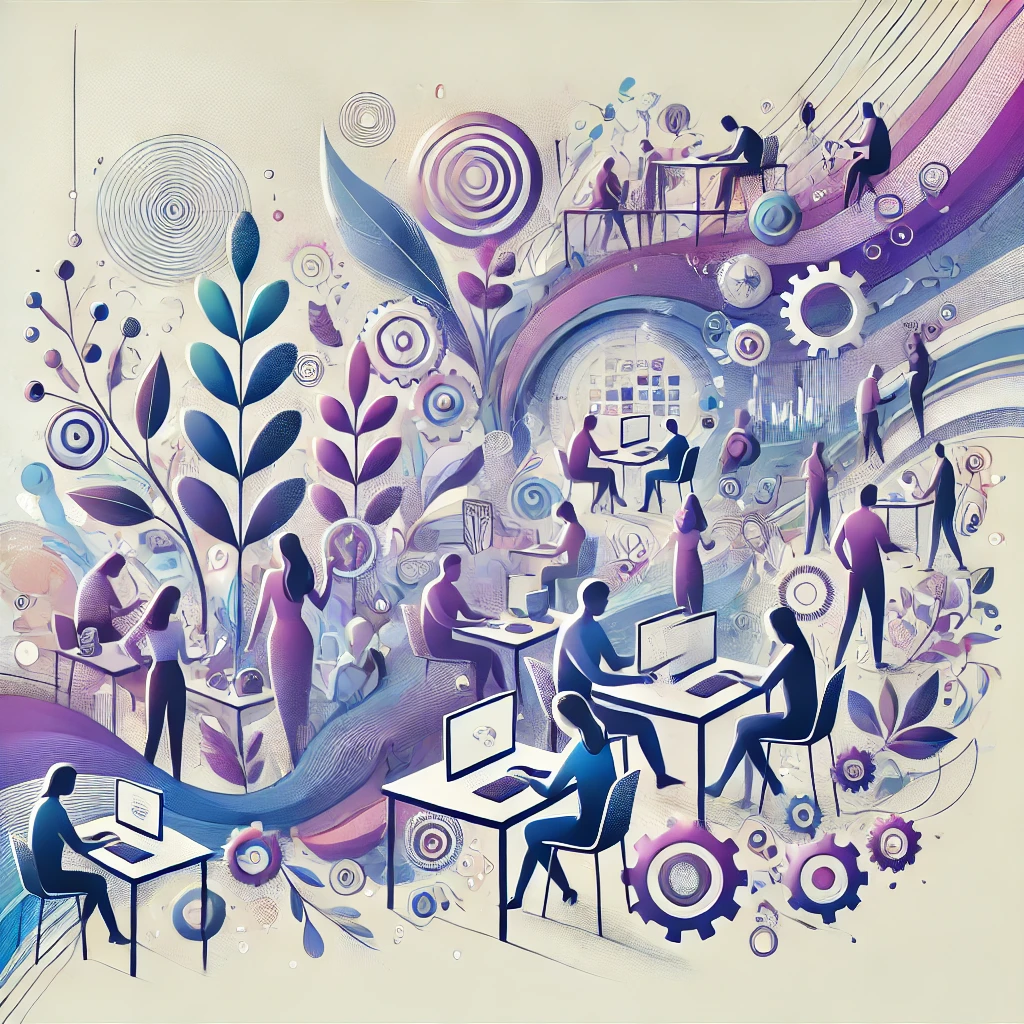Gamification in Recruitment for Skill and Cultural Fit Assessment
In the ever-evolving landscape of talent acquisition, gamification has emerged as a powerful tool to transform the recruitment process. By integrating Gamification in Recruitment, companies can not only make the experience more engaging for candidates but also gain deeper insights into their skills and cultural fit. This blog post explores how gamification can revolutionize recruitment, highlighting real-life examples of its successful implementation.
Gamification in Recruitment: Boosting Candidate Engagement
The primary appeal of gamification lies in its ability to make the recruitment process more interactive and enjoyable. Traditional hiring methods can often be tedious, deterring potential candidates from completing the application process. Gamification introduces elements like challenges, leaderboards, and rewards, making the experience more dynamic and encouraging candidates to engage more deeply with the company. This not only enhances the candidate experience but also allows recruiters to observe how applicants solve problems, work in teams, and handle pressure in real-time.
Real-Life Examples of Gamification in Recruitment
Several forward-thinking companies have already harnessed the power of gamification in their recruitment strategies. For instance, Google’s famous coding competitions, such as Code Jam, invite programmers worldwide to solve complex problems under time constraints. Not only does this identify top coding talent, but it also engages a wide community of technologists, creating a talent pipeline for Google.
Another example is PwC’s Multipoly, a virtual business game designed to simulate the life of a PwC employee. Candidates navigate through various business challenges, allowing PwC to assess their problem-solving skills, business acumen, and cultural fit in a more dynamic context than a traditional interview could provide.

Gamification in Recruitment: Assessing Skills and Cultural Fit
One of the most significant advantages of gamification is its ability to evaluate candidates’ skills in a context that mirrors real job scenarios. Traditional resumes and interviews often fail to capture the full spectrum of a candidate’s abilities, especially when it comes to soft skills like teamwork, creativity, and adaptability. Gamified assessments allow candidates to demonstrate their skills in action, providing a more accurate and holistic view of their potential.
Moreover, these interactive assessments can also shed light on a candidate’s fit with the company culture. By designing games that reflect the company’s values and work environment, employers can observe how well candidates align with their organizational ethos.
Implementing Gamification for Recruitment: Best Practices
For companies looking to introduce gamification into their recruitment processes, it’s important to start with a clear understanding of the desired outcomes. Whether it’s identifying specific skills, enhancing the candidate experience, or improving cultural fit assessments, the design of gamified elements should be aligned with these goals. Furthermore, inclusivity should be a cornerstone of gamified recruitment, ensuring that games are accessible and fair to all candidates, regardless of their background or experience level.
Conclusion
Gamification in recruitment represents a shift towards more engaging, insightful, and efficient hiring practices. By blending the excitement of gaming with the rigors of talent acquisition, companies can create a recruitment process that not only attracts top talent but also provides a deeper understanding of candidates’ capabilities and compatibility. As more organizations adopt this innovative approach, the future of recruitment looks not just more fun, but also more effective.
To understand how remote hiring practices can lead to a strong onboarding experience, make sure to read our insightful article, “Remote Hiring Practices: Building a Strong Onboarding Experience.”









